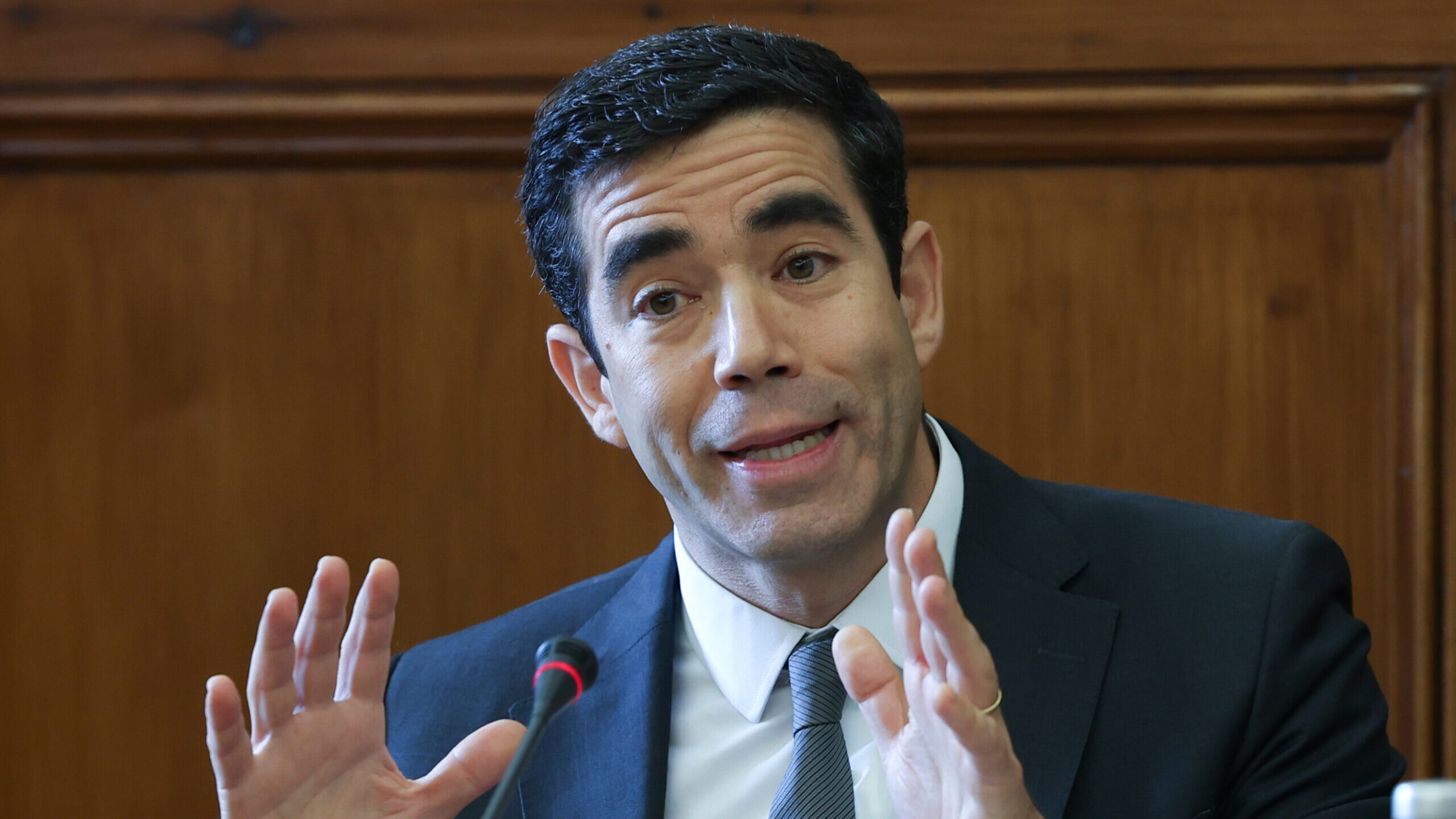Portugal needs an additional investment of 1.6 billion a year to meet environmental targets
The costs of non-enforcement of EU environmental legislation through air and water pollution, degradation of nature and waste are estimated at 180 billion euros a year for the EU.
The European Commission claims that Portugal needs to invest an extra 1.6 billion euros a year to achieve its environmental objectives, with the largest slice going to the areas of biodiversity and ecosystems.
The recommendation comes in the context of the EU executive’s fourth review of the implementation of environmental policy, which looks at developments and needs within the European bloc and analyses them on a country-by-country basis. The investment gap of 1.6 billion euros represents 0.65% of the country’s Gross Domestic Product (GDP), below the EU average of 0.77%.
“Portugal still faces considerable environmental challenges and investment needs”, particularly in the areas of waste and water management, nature protection, air quality and their implementation, reads the Brussels assessment.
In the Commission’s view, “Portugal needs to improve waste management and the potential for the circular economy”, as by now the country has already missed the target of recycling 50% of municipal waste by 2020 and carries a “high risk” of not reaching the targets in this area by 2025.
In Nature and Biodiversity, the EU executive urges Portugal to adopt management plans for Natura 2000 areas. With regard to pollution, infrastructure investments are needed to improve water management, from water treatment to waste management.
On the positive side, the European Commission emphasises that the implementation of EU legislation has so far contributed to preserving and improving the environment in Portugal, highlighting the measures to improve forest management and the approval of PENSAARP 2030 – Strategic Plan for Water Supply and Wastewater and Stormwater Management 2030.
The costs of not applying EU environmental legislation in the areas of air and water pollution, nature degradation and waste are estimated at 180 billion euros a year for the European bloc, or 1% of the Old Continent’s GDP. At the same time, the Commission points out that it has made various EU funds available to member states to cover their investment needs, totalling around 122 billion euros a year, across all environmental objectives and priorities.
Brussels sees “pressing” need to improve environmental law enforcement
In the report, the European Commission looks at five areas, identifying “a pressing need to improve the application of EU environmental legislation”.
With regard to the circular economy, the document concludes that several member states must improve waste prevention and rehabilitate landfills that do not meet standards.
In the area of water, “urgent measures” are needed to fulfil the objectives regarding the quality and quantity of fresh water, in order to mitigate “the growing risk” of water scarcity and drought. To this end, member states should make better use of the EU funds available to collect and treat urban wastewater.
Brussels also emphasises that biodiversity continues to suffer more losses than recoveries, something that is mainly due to the “intensification” of agriculture. “Member states should improve the integration of nature protection into other policies and speed up the implementation of nature legislation”, recommends the EU executive.
Regarding air pollution, the level of air pollutants is still too high in many countries, which is why sustainable mobility based on renewable energy, improved energy efficiency and the introduction of low-emission agricultural techniques are suggested.
On climate, the Commission points out that several member states have difficulties implementing the emissions trading system for buildings, road transport and small industry.




